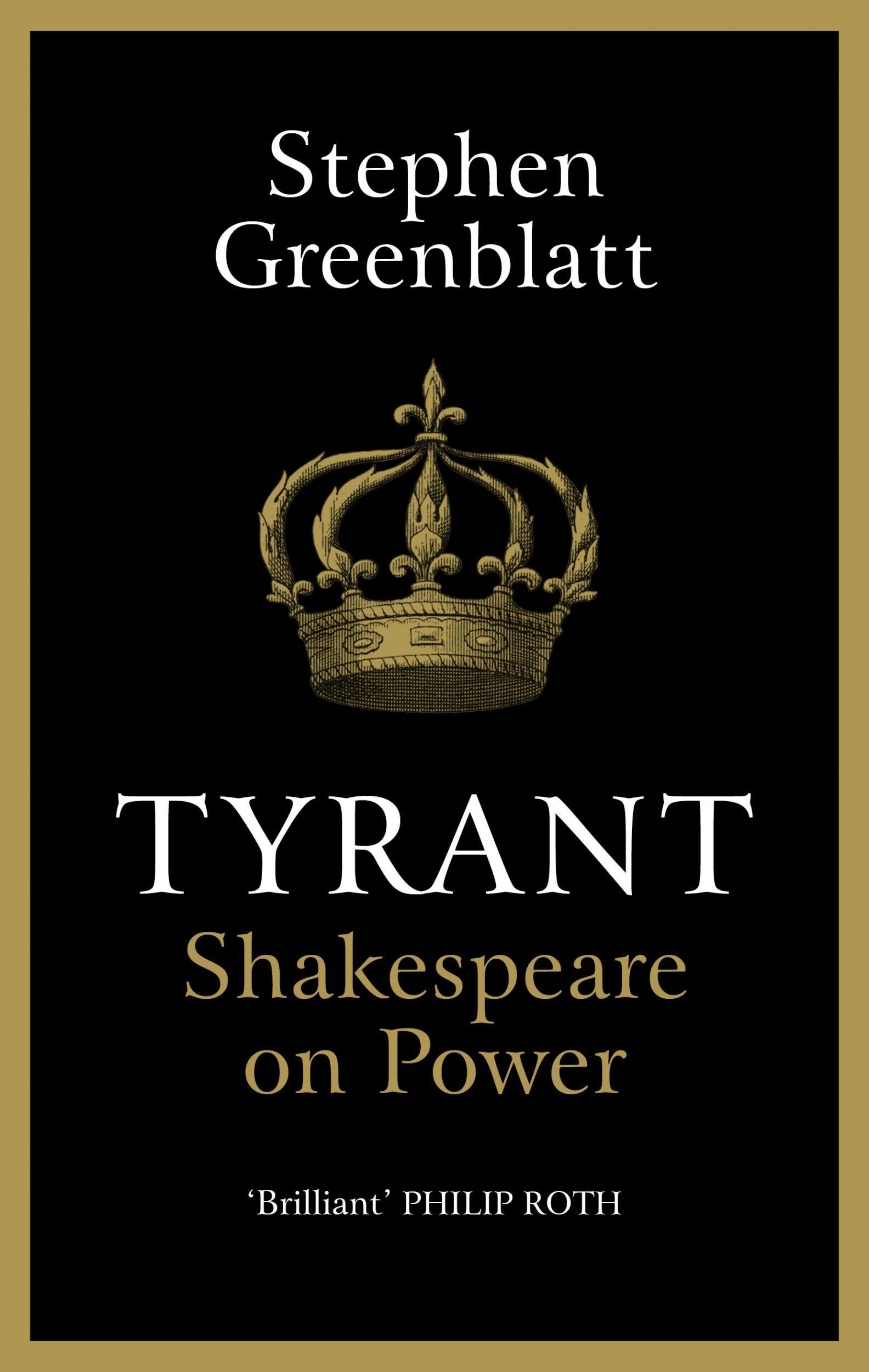

When smooth prose and a punchy story trump the truth It represents the importation of Malcolm Gladwell–esque yarn-spinning into the academy. In its insistent representation of what Greenblatt wanted the past to be like, instead of what the evidence suggests, it exemplifies that dire trend of "truthy" nonfiction books that present One Theory to Explain Everything.

Unfortunately, The Swerve heartily embraces those myths.

Scholars have spent the past several decades upending the old myths that the Middle Ages were intellectual stagnant, emotionally repressed, and merely masochistic. If Greenblatt’s story resonates with its many readers, it is surely because it echoes stubborn, made-for-TV representations of medieval "barbarity" that have no business in a nonfiction book, much less one by a Harvard professor.

Yet The Swerve doesn’t promote the humanities to a broader public so much as it deviously precipitates the decline of the humanities, by dumbing down the complexities of history and religion in a way that sets a deeply unfortunate precedent. The Swerve won a Pulitzer Prize, a National Book Award, and a top prize from the Modern Languages Association - all of which undoubtedly helped to bring Greenblatt's lifetime of great work to the attention of the Holberg Prize committee. (The UK title is The Swerve: How the Renaissance Began.) But one book, more than all his previous publications, propelled Greenblatt to an internationally visible position as public intellectual: The Swerve: How the World Became Modern, published in 2011. Greenblatt received it based on his "distinctive and defining role in the field of literary studies and his influential voice in the humanities over four decades" - particularly in the fields of Shakespeare, 16th- and 17th-century English literature, and the critical approach known as "new historicism."įor literature scholars around the world, he is something of a rock star, whose influence reaches far beyond early modern studies. Last month, Stephen Greenblatt, a Harvard English professor, won one of the world’s largest awards for scholarly work in the humanities: the 2016 Holberg Prize, which comes with about $735,000 in prize money from the Norwegian Ministry of Education and Research.


 0 kommentar(er)
0 kommentar(er)
